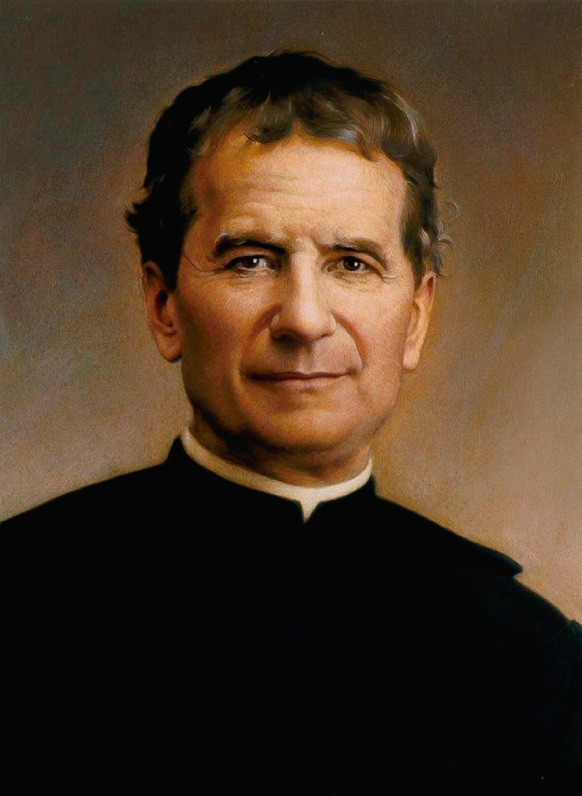PHILOSOPHY & PRINCIPLES OF EDUCATION
St. John Bosco was an exceptional educator. His intelligence, common sense, and profound spirituality led him to create a system of education that develops the whole person – body, heart, mind, and soul. He called this style of education the “preventive system” to distinguish his method from the repressive system of education prevalent in 19th century Italy. It enhances growth and freedom while putting the young at the center of the whole educational enterprise.
The Salesian Preventive System of Education, lived and practiced in 134 countries around the world where Don Bosco schools are present, is an educative method based on reason, religion, and loving kindness. It places young persons in an environment where they are encouraged to be the best they can be. It is a congenial, friendly, and holistic approach to education, creating a climate that ‘draws forth’ (educere) the best in the young recognizing their giftedness. It encourages their fullest self-expression, assisting them in imbibing habits that will lead them to opt in favor of what is good, healthy, joyful, and life-enhancing. For Don Bosco “education is a matter of the heart and God alone is master of it.”
Guided by the SalesianPhilosophy of Education, Don Bosco Academy believes in the following principles:
1. Salesian education is realized by the Educative Pastoral Community (EPC) in a family atmosphere conducive to the well-being and spiritual life of educators and students (GC24,39).
2. Salesian education believes that the youth is the pre-eminent context for the EPC in which to meet God (GC23,95). The young are active subjects and protagonists in the measure in which they grow in the sharing of our mission.
3. Salesian education forms the youth as good Christians and upright citizens to become future servant-leaders; creating an environment for them to be empowered and to be responsible for themselves and others (Congress 2000, Statement, 5).
4. Salesian education makes its work with the poor and marginalized people evident as a sign of its prophetic presence in the locality (IPP 2000, 3).
5. Salesian education enables the young to use their power of choice and develop their giftedness towards their involvement in the church and in society (IPP 2000, 4).
6. Salesian education offers the Preventive System “based entirely on reason, religion and loving kindness,” as its main original contribution to the cause of education. (GC24, 99-100).
7. Salesian education pursues excellence in its works and commits itself to perpetual learning (IPP 2000,6).
8. Salesian education thinks of its presence, the community as well as the work, in ‘network’ form intercommunicating like a transmitter (Acts 370).
9. Salesian education holds technical education as its niche in the Philippines. We educate the young to become “industry benchmarks” that orient technology to the service of the common good and integral development. (Primer to the Vision-Mission, 8.9)
